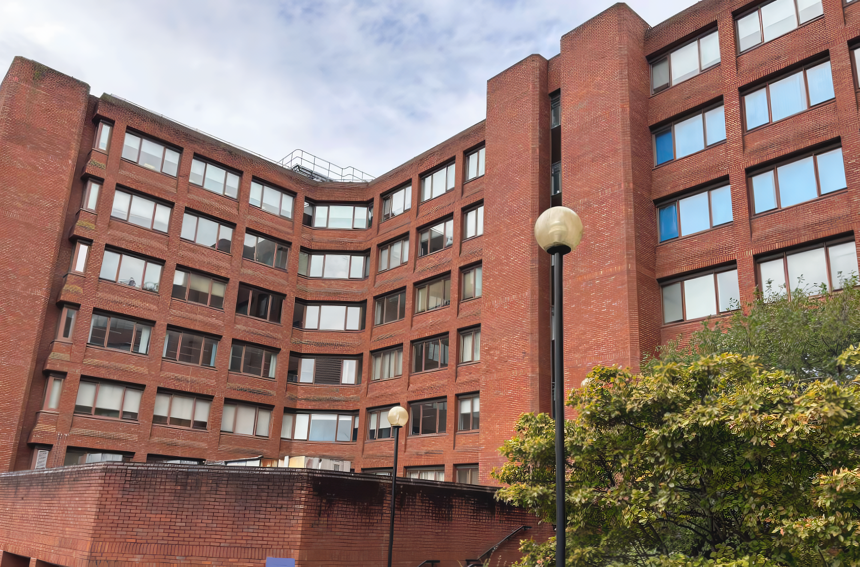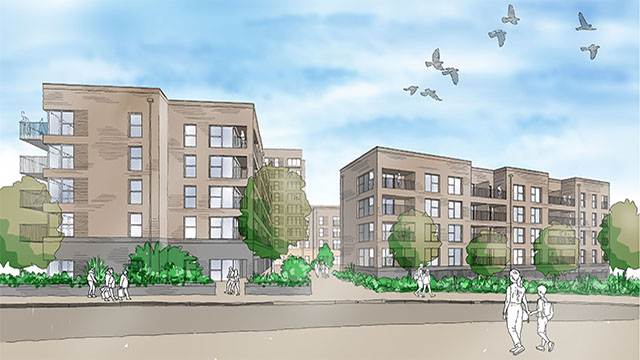Elections in Greece and France over the long weekend have ushered in a new phase of uncertainty in the eurozone.
The victory of socialist Francois Hollande in France signals the biggest challenge yet to EU-imposed austerity measures, while the inconclusive election in Greece and growing concern about a default have dealt a blow to business confidence.
For the UK – now officially back in recession – fears of a deepening recession across the Channel are further fuelling concerns about domestic recovery.
However, as developments in Europe look set to trigger another round of risk aversion from investors, there may also be some positives for the UK real estate market.
London residential could be one area set to gain as high-earners seek to relocate to avoid Hollande’s proposed 75% tax on the wealthiest individuals. Estate agents in areas of London typically favoured by the French super-rich, such as South Kensington, reportedly saw an uptick in interest in residential property from French buyers in the run-up to the elections.
“France’s new socialist president will be focused on increasing tax revenues from businesses and high-income earners. This could lead to more French investors buying UK commercial and high-end residential property, especially in London,” says Hans Vrensen, global head of research at DTZ.
However, Stephen Miles, director of pan-European capital markets at Jones Lang LaSalle, who spent many years working in Paris, warns that there is a danger of overstating the ripple effect of the election of left-leaning Hollande on the UK market.
“A lot of the richest French individuals are not domiciled there anyway because of the ISF wealth tax, so it is unlikely that there will be an influx of French buyers into the UK market,” says Miles. “There may be an increase in residential buyers in traditional west London locations, but there is nothing to suggest that there will be a flood of new investment by the French into the broader market.”
French institutional investment in UK property has typically been low, and it is unlikely that political changes in France will have much impact on flows of capital via funds, he adds.
The Greek election outcome, and growing speculation about whether the country will reject bailout pledges, looks certain to have a wider-reaching and more complex impact on the market.
A Greek exit from the euro would cause jitters among cross-border investors and make them less likely to commit capital. However, the volatility of the euro (which by Tuesday this week had dipped below $1.30 for the seventh consecutive day) also means that non-euro-denominated assets, such as UK property, look like a more attractive option for nervous global investors.
Scenario analysis published last November by DTZ warned that further turmoil would have a negative impact not only on the eurozone countries, but those outside it too. But the firm also predicted that prime UK capital values were likely to remain resilient against such a backdrop and Vrensen said this week that DTZ was sticking to that forecast.
Even under its “downside scenario”, which assumed disorderly defaults by Ireland, Greece and Portugal, capital values for prime UK offices and retail would still see cumulative total growth of 8.6% and 4.7% respectively between 2012 and 2016, while industrial values would fall by 0.1%.
So UK prime property may increasingly be seen as a safe haven as the eurozone crisis deepens. That said, there was a reminder of the more downbeat picture facing the wider UK property market from IPD this week. As UK and Ireland managing director Phil Tily put it, a second consecutive quarter of falling values means that technically, like the economy, the UK property market is in recession.











